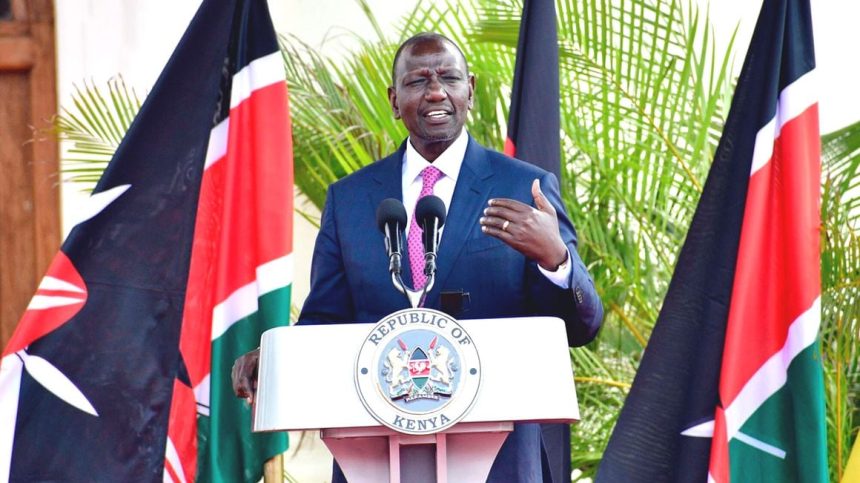A parliamentary committee has denied President William Ruto the opportunity to appoint Dr Phyllis Wagacha as a member of the Salaries and Remuneration Commission (SRC) representing the Public Service Commission (PSC) because of her age.
The National Assembly’s Labour Committee, which vetted Dr Wagacha last week, found that she is 75 years old, an age it says in a report tabled in Parliament is well above the mandatory retirement age for public servants as set by her her nominating body.
The committee notes that while the retirement age does not apply to public servants and Dr Wagacha has the academic qualifications, “it is necessary for the representative of the PSC to be below the mandatory retirement age”.
“To this end, the committee notes that the nominee is not suitable to hold the position of a member of SRC on account of age,” the report of the committee reads.
According to the committee’s report, Dr Wagacha, a director of Optimum Resources International, Nairobi, Kenya, since 2022, was born in Kiambu in 1948.
Although Dr Wagacha was nominated by the Public Service Commission to represent it on the SRC in line with Article 230 (2) (b) of the Constitution, her appointment can only be made by the President, but on the recommendation of the National Assembly after the mandatory vetting process.
But even as the committee recommended that the House reject her nomination, it noted that she qualified in other areas – she is Kenyan, has no integrity issues and has not been charged in court in the past three years.
The committee also noted that she does not hold office in a political party, has never been dismissed from office, has demonstrated knowledge of topical, administrative and technical issues relating to the SRC and PSC and has the requisite skills and experience to serve as a member of the SRC.
However, the committee’s recommendations will stand if the House adopts the report in its current form.
In the past, the House has amended committee reports when adopting them.
The position of a member of the SRC is for a period of six years, which means that if the House amends the committee’s report and approves her appointment, she will be 81 years old by the time she completes her sixth year on the Commission.
Section 80 (2) of the Public Service Commission (PSC) Act 2017 sets the retirement age for public servants at 60 years, 65 years for persons with disabilities, “and such age as may be determined by the commission for lecturers and research scientists serving in public institutions”.
These public institutions are limited to universities, research institutes or equivalent institutions as determined by the commission in consultation with the institutions.
Competencies possessed by officers
The same law gives the PSC the discretion to decide whether to employ a civil servant after he or she has reached retirement age.
The Act requires the PSC to identify and document the rare knowledge, skills or competencies possessed by officers.
Rare knowledge, skills and competencies mean the human resource capabilities that are scarce, unique and not readily available in the job market.
The members noted that from the recruitment report of the PSC, 261 people applied but only eight were shortlisted.
“This was not stated as a reason for appointment in the PSC recruitment report forwarded to the Head of the Public Service,” the committee said, referring to the report dated 17 May 2023.
However, Article 260 of the Constitution sets the retirement age for judges and magistrates, who are public officers, at 70 and 65 respectively, which is below Ms Wagacha’s age.
Article 230 of the Constitution states that the SRC shall consist of a Chairperson, one person each nominated by the Parliamentary Service Commission (PSC), Public Service Commission (PSC), Judicial Service Commission (JSC), Teachers Service Commission (TSC), National Police Service Commission (NPSC), Defence Council and Senate on behalf of the County Governments.
The article also states that one person each shall be nominated by an umbrella organisation representing trade unions, an organisation representing employers and a joint forum of professional organisations.
One person each nominated by the Cabinet Secretary for Finance, the Attorney General and a person with experience in human resources management in the public service nominated by the CS Public Service are also members of the Commission.




